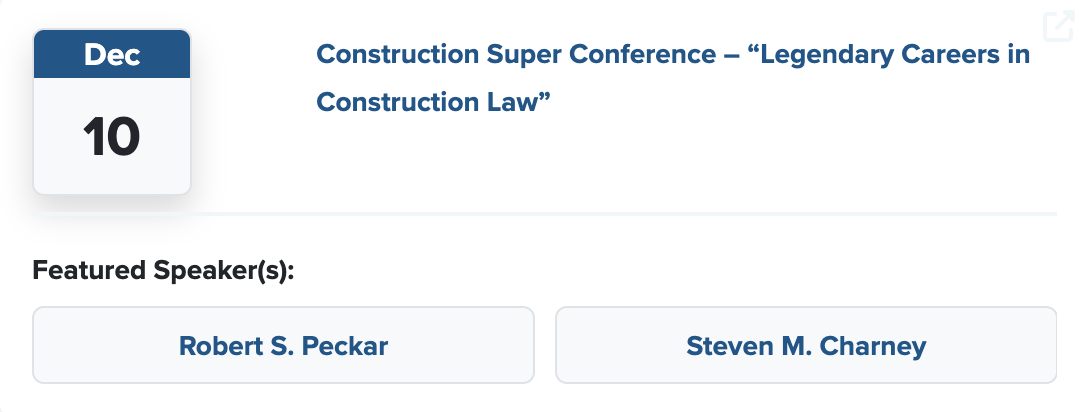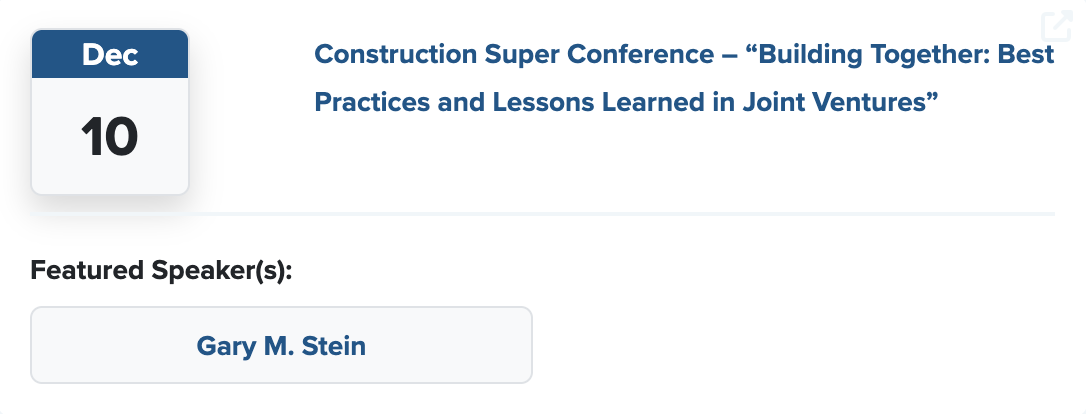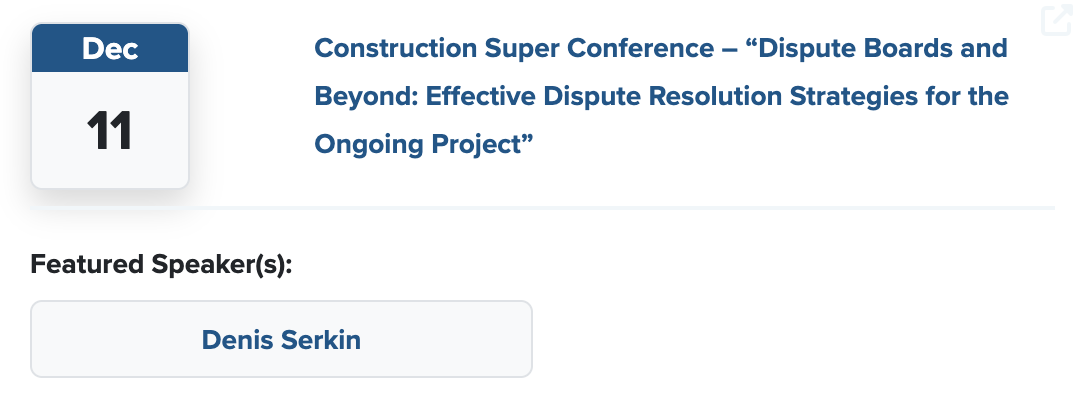BONITA SPRINGS, FL – With tariffs a major driver of supply chain uncertainty, the construction industry is facing multiple challenges. Matt Moore, co-managing partner of Peckar & Abramson’s Texas offices, will co-present “Managing Risk in an Environment of Supply Chain Uncertainty: Strategies for Navigating Availability, Costs, and Lead Time Challenges” on the middle day of CSC. Third Thursday sat down with Moore to get a preview of a particularly prescient educational session.
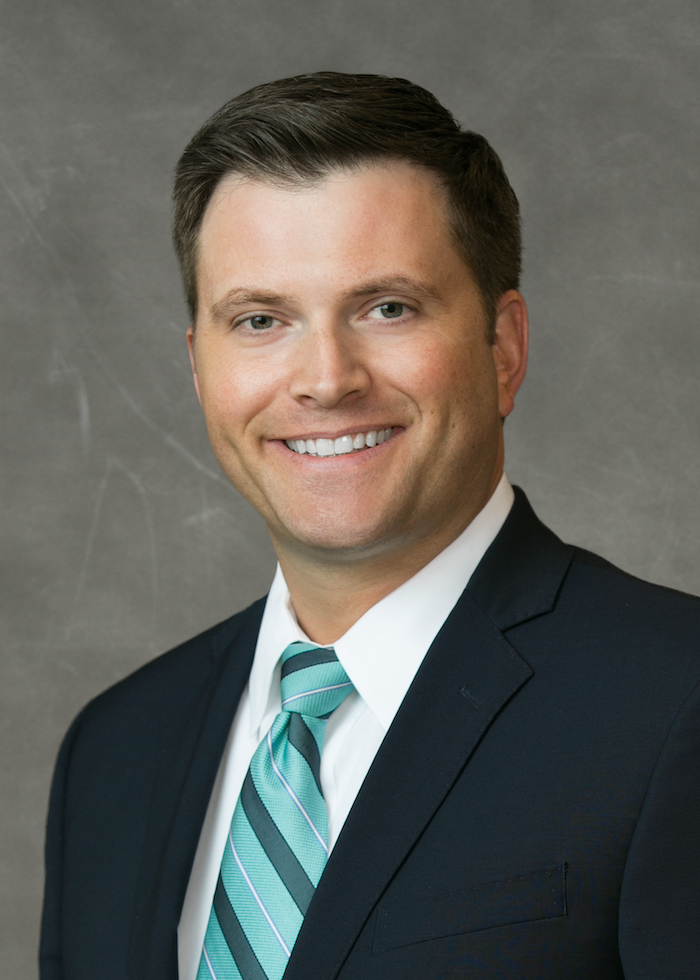 Third Thursday: How would you characterize the current level of supply chain uncertainty?
Third Thursday: How would you characterize the current level of supply chain uncertainty?
Matt Moore: I’d describe 2025 and our outlook for 2026 as “unpredictable.” We’re no longer dealing with the specific supply chain disruptions triggered by COVID-era shutdowns and subsequent changes in law and policy, but we’re also nowhere near the pre-COVID stability. Tariffs have become a major driver of uncertainty for certain commodities such as steel and aluminum as well as electrical, HVAC, and lighting components. On some of these materials, the tariff burden can quickly exceed what was budgeted. Owners, contractors, and suppliers are spending more time on tariff strategy because a single policy change can swing tens of millions of dollars on a large project.
Third Thursday: How does 2025 compare to COVID-era supply chain uncertainty?
Moore: During the COVID era, uncertainty was amplified by the multifaceted nature of the disruptions: public-health restrictions forced many factories to suspend or reduce operations, logistics networks became congested or temporarily inoperable, and demand for many goods surged in response to large-scale government stimulus. Today, by contrast, the risks affecting supply chains appear more targeted and policy-driven, often concentrated in specific sectors, regions, or trade relationships.
The flip side is that the COVID experience pushed the industry toward a more deliberate approach to risk management. Many sophisticated owners, contractors, and suppliers now incorporate structured contingencies, price-adjustment and escalation mechanisms, and more robust procurement planning into their commercial arrangements. This session builds on that evolution, focusing on how those tools and strategies can be utilized for the tariff-driven environment of 2025 and the year ahead.
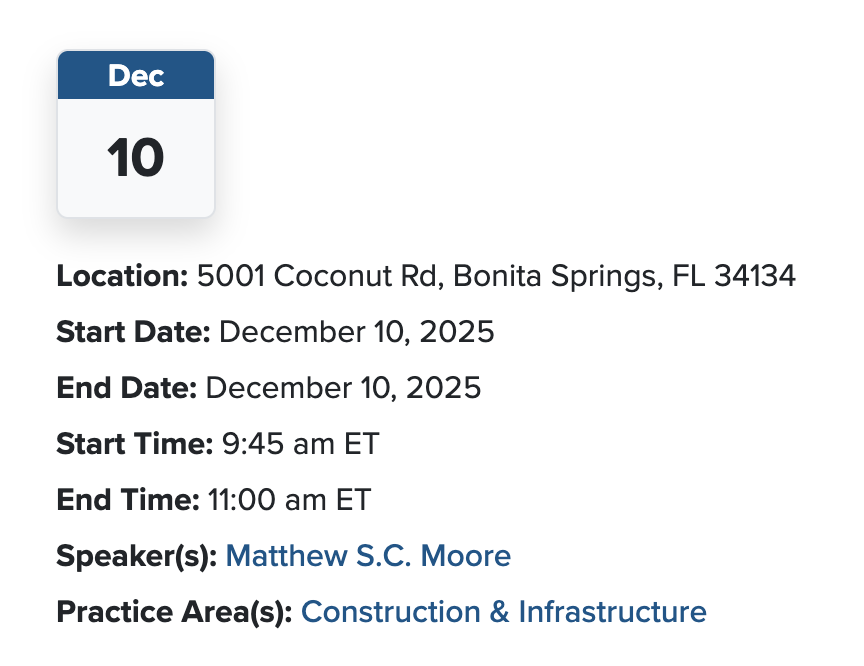 Third Thursday: What are some of the practical techniques to manage escalation risks?
Third Thursday: What are some of the practical techniques to manage escalation risks?
Moore: On the front end, we spend more time making assumptions explicit—identifying long-lead and tariff-sensitive materials, aligning procurement timing with the project’s risk profile, and determining where contingencies, allowances, and alternates make the most sense. These early discussions with project stakeholders also typically address capped liquidated damages, structured escalation or tariff-sharing provisions, and the development of a risk register.
On the back end, regular communication and disciplined documentation often make the difference—for example, keeping clear records of tariff and cost impacts, such as customs forms, invoices, and HTS classifications. In the session, we’ll discuss practical tools and examples, but the common denominator is early planning and collaboration, open communication, and a consistent, process-driven approach to documentation.
Third Thursday: Is there a specific example/case that illustrates a common MISTAKE in the mission to reduce and/or manage risk?
Moore: Looking back at prior experience, the “right” way to manage risk tends to look very similar across successful projects— it is holistic and pragmatic. The parties start by looking at the overall risk picture rather than relying solely on a strict, literal reading of the contract. The contract is obviously important, but it should be treated as one tool among many, not the only answer. In those situations, owners, contractors, and key suppliers sit down early, critically evaluate the underlying assumptions, and ask:
Which risks can actually be managed, and by whom? Which should be shared? That mindset allows them to adjust procurement strategies, sequencing, and commercial terms in ways that make the project more resilient, rather than merely shifting problems around on paper.
By contrast, a common mistake is to treat risk as a “you” problem instead of a “we” problem. Parties sometimes lean heavily on onerous provisions and insist, “That’s your risk,” even when the risk is not realistically manageable for the other side. That approach may feel satisfying in the moment, but it usually creates a ripple effect by straining relationships, prompting defensive behavior, and discouraging open communication. Onerous contracts that are then strictly enforced can actually undermine the project.
When contractors are required to bear risks they cannot realistically control or price, the result is often more claims, change order disputes, and performance problems. In other words, you might “win” on the clause and still lose on the project. A better path is to treat certain risks as shared problems to be jointly managed, even when the boilerplate could be read to say otherwise.
Third Thursday: What is the biggest misconception (if one exists) about properly managing risk in an environment of supply chain uncertainty?
Moore: The biggest misconception is that you can solve supply chain risk simply by pushing it onto someone else through clever contract language. In practice, escalation exposure on large projects is often too significant and too unpredictable for any one party to absorb comfortably. As noted above, treating this as a “you” problem instead of a “we” problem tends to create negative ripple effects across the project, including strained relationships, less transparency, and ultimately worse outcomes for everyone involved.
Our panel will stress that managing this risk is more art than science. Contracts matter a great deal, but so do project culture, transparency around assumptions, and a willingness by owners, contractors, and suppliers to collaborate on both prevention and response.
Third Thursday: What types of questions do you expect will emerge from attendees who are at this panel discussion?
Moore: I expect a lot of very practical questions, such as:
• Does shared risk really mean the owner ends up paying more?
• What are some realistic approaches to address supply chain uncertainty when owners still want budget certainty?
• How far can we go with early procurement or “buy all the materials now” strategies without creating new risks?
• What does “good” documentation look like when we are trying to show that a particular tariff, supply disruption, or labor constraint actually caused the impact we are claiming?
Matt Moore is co–managing partner of Peckar & Abramson’s Texas offices and chair of its Power, Energy & Industrial practice group. Moore’s practice focuses on representing general contractors, construction managers, EPC and design-build contractors, trade contractors, sureties, owners, and developers on large, complex projects across the commercial, heavy civil, infrastructure, power, energy, and industrial sectors.
Additional CSC sessions with Peckar & Abramson attorneys
